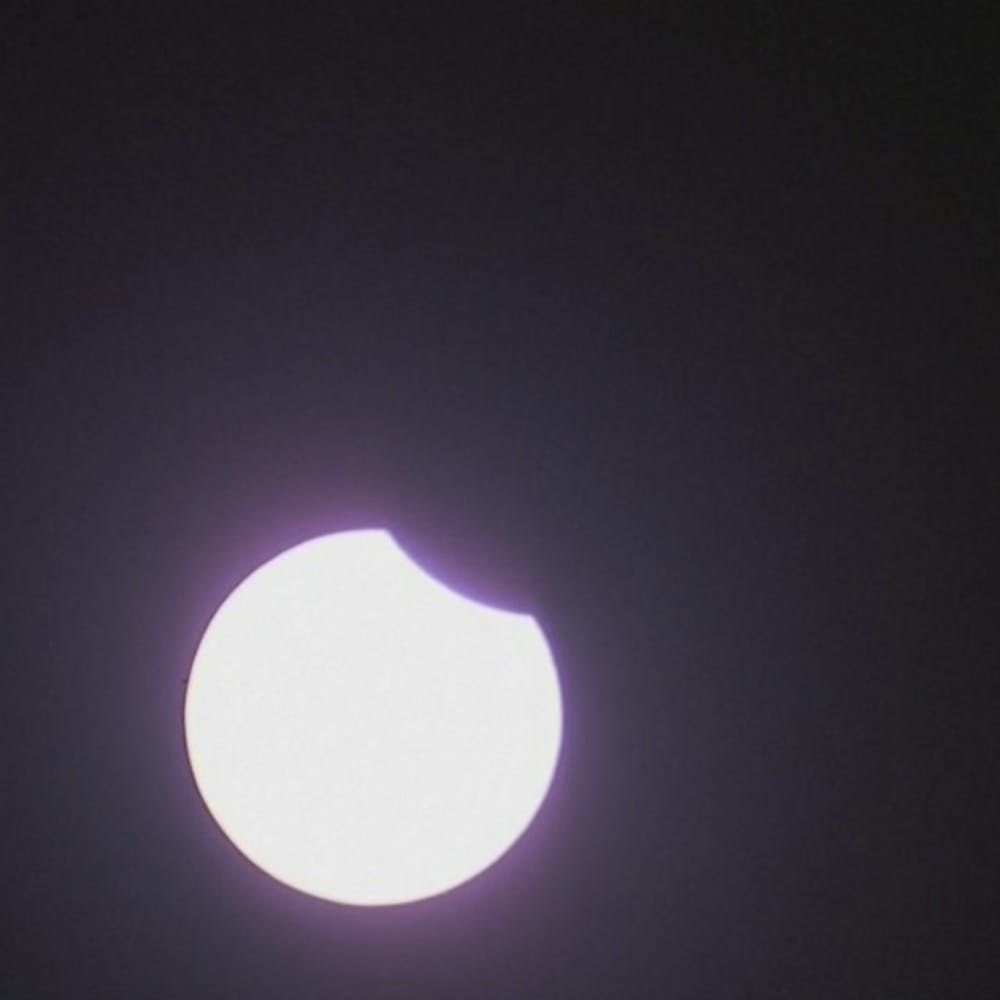Break out your basketball jerseys because the Tree Hill Ravens are coming back! Multiple sources have toldVariety that Netflix will develop a sequel series to the beloved CW drama, which ran from 2003-2012. While the series hasn't officially been greenlit yet, multiple series stars have admitted they'd love to have a One Tree Hill reunion and make another installment of the show.
"I just can't see a world where something won't happen," Chad Michael Murray told E! News. "Something will happen. Whether we get everybody together and do a live reading of the show, or we create a new fictional future episode, I don't know what it will be."
"We’re all on board, we’re all friends, it would be the most fun show anybody has ever been on," Barbara Alyn Woods says in an Entertainment Tonight interview.
Here's everything to know about the One Tree Hillsequel series — including the stars rumored to return!
Who's returning to the One Tree Hill sequel?
Noam Galai/Getty Images for Netflix
One Tree Hill Sequel Cast
According to Variety, Sophia Bush and Hilarie Burton would return as Brooke Davis and Peyton Sawyer, respectively. Daneel Ackles would also return — and all three would serve as executive producers on the TV show alongside Warner Bros. Television, who was behind the original show.
When asked if he would return as Lucas Scott, Chad Michael Murray simply responded with “No clue." Considering previous reports suggested he had "no plans to return," this is promising news to me! He then added he hopes the sequel series “comes together for the fans.”
“I mean, this fandom that has grown, I mean, literally, I was just in Halifax a week ago and, sure enough, I’m running into 11, 12, 13-year-old kids who are in love with Tree Hill,” he continues. “They’re seeing it on Hulu and they’re going, ‘Oh, my gosh.’ It’s stood the test of time and I think to have some new stories, whatever iteration of the show that’s created, I want it for the fans.”
Will One Tree Hill have a season 10?
Warner Bros. Television
One Tree Hill Sequel Plot
One Tree Hill doesn't have a season 10, and it's unclear what kind of sequel this new One Tree Hill series would be. But it looks like star Hilarie Burton is confident the new series would be told through the female experience. "What has been really cool for [the entire cast and crew], they're all really proud of the work that we did back then too," she told Brit + Co in September. And so to see the public support this little show we made 20 years later, that's so special and it's so rare."
“Being able to work with a team of women and look at these stories [and] these characters through a female lens is something that — whether I was doing a reboot or a brand-new show or a different movie at this phase in my life, female teamwork is something that is so vital to me,” she adds in an interview with People. “It is the core of anything I've done that's successful...So I'm excited to be able to team up with people that I look up to, people that I love dearly.”
After the One Tree Hill finale featured all of our favorite characters' kids, I've always wanted to see a One Tree Hill next generation series that brings the kids into high school, which is something other fans have been wanting too!
One viral TikTok imagines an intro for a fictional Next Gen series starring Dylan O'Brien, Candice King, and Vanessa Marano. "Could you imagine this as a reboot with the kids though," one comment reads. "We can only dream."
Warner Bros. Television
And good news for OTH fans! Jana Kramer, who played Alex during the later seasons of the show, teased she thinks Peyton and Brooke "are coming back as moms."
"I had spoken to Hilarie about it, about Alex making an appearance when I knew about it," she tells People. "We had discussed it before the news broke...I think their intention is to bring back people that make sense. And Hilarie was like, 'I never got to meet Alex, so it'd be fun to have us meet,' and I'm like, 'I would love that. Sign me up.' So, we'll see. TBD."
Brooke having to deal with her kids' TikToks? Peyton thinking about the future of art and AI? Mouth leading the Tree Hill podcast empire? There is so much to dive into here. But all in all, One Tree Hill is one TV show that gives me so much hope, no matter how many times I watch it. And I know that bringing back our favorite found family is the perfect way to bring some of that hope right back into today's TV.
Scott Gries/Getty Images
One Tree Hill also starred Chad Michael Murray, James Lafferty, Austin Nichols, Bethany Joy Lenz, Paul Johansson, Barbara Alyn Woods, Lee Norris, and Antwon Tanner. Check back here for the latest updates on the One Tree Hill reboot cast!
This post has been updated.


